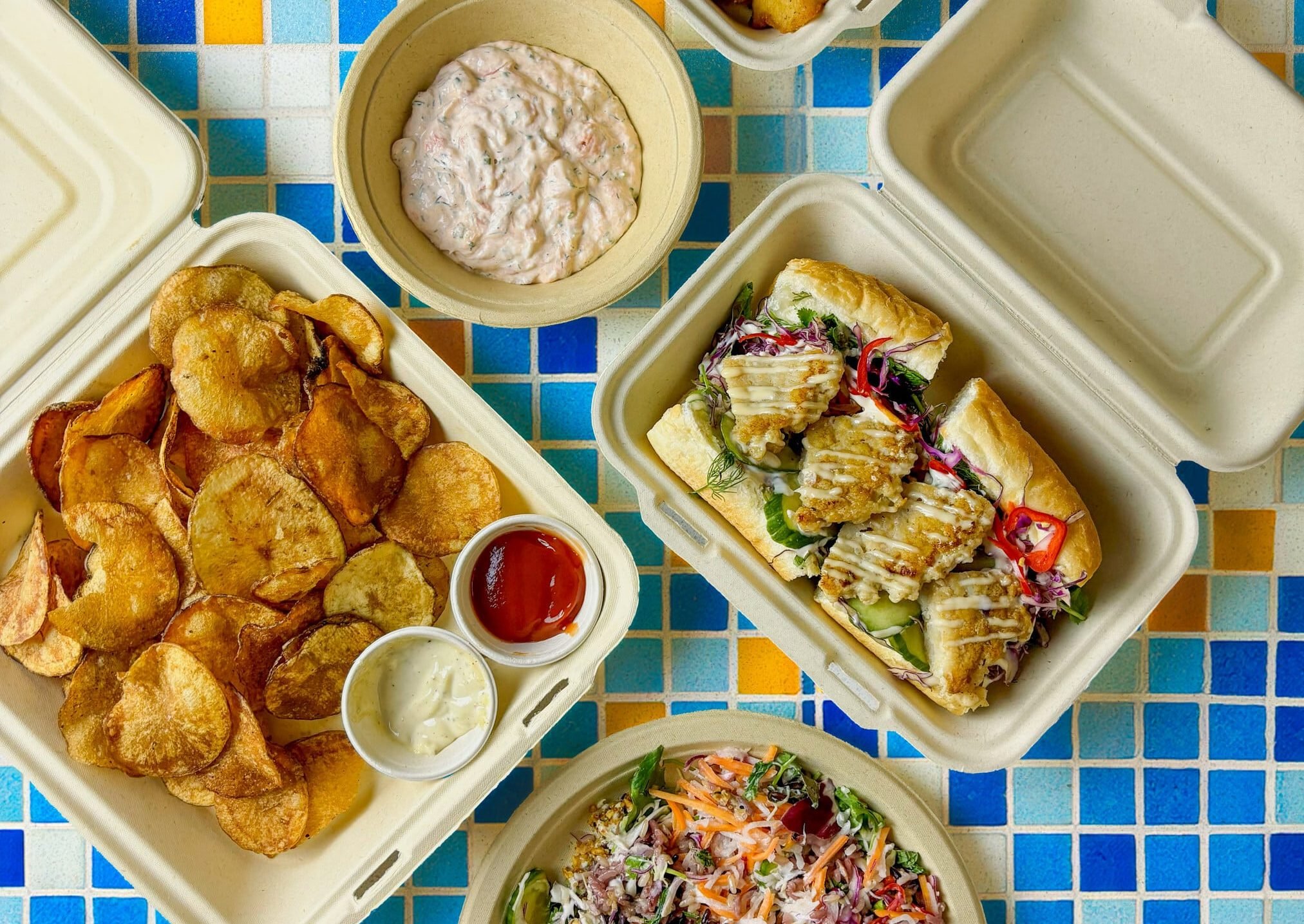Key Takeaways:
- Better Earth, a leader in compostable foodservice packaging, has earned B Corp certification, highlighting its commitment to transparency and environmental leadership.
- The company will donate a portion of profits to initiatives promoting regenerative agriculture, waste reduction, and carbon drawdown.
- Better Earth has restructured as a “Public Benefit LLC” to integrate its social and environmental mission formally.
- The Climate Smart Farmer’s Fiber collection features domestically sourced, compostable packaging that enhances soil health and sequesters carbon.
- The certification aligns with Better Earth’s comprehensive sustainability strategy, which includes expanding composting infrastructure and supporting rural growth.
Better Earth Earns B Corp Certification
Better Earth, a pioneer in 100% certified compostable foodservice packaging solutions, is proud to announce its B Corp certification. This prestigious accreditation underscores Better Earth’s unwavering dedication to transparency, social and environmental leadership, and regenerative circularity within the restaurant and foodservice industries.
Commitment to Regenerative Initiatives
As part of the B Corp certification, Better Earth has pledged to donate a portion of its profits to initiatives that promote regenerative agriculture, waste reduction, and carbon drawdown. Additionally, the company has restructured its business model to become a “Public Benefit LLC,” formally integrating its social and environmental mission into its core operations. This restructuring unites the leadership team, shareholders, and employees in their commitment to fostering a positive impact on both the environment and society.
“Achieving B Corp certification is a significant milestone in our journey toward a sustainable future,” said Better Earth CEO Joseph Bild. “Our comprehensive sustainability plan includes an Employee Equity program, cultivating the development of composting infrastructure, and an unwavering commitment to reinvigorating the land that produces our packaging.”
Innovative Climate Smart Packaging Line
Central to Better Earth’s sustainability strategy is the expansion of their Climate Smart Packaging line, specifically the Farmer’s Fiber collection. This collection represents the first compostable foodservice packaging to pursue domestic sourcing of perennial grasses that regenerate soil and sequester one ton of carbon per acre, per year.
The Climate Smart Farmer’s Fiber Collection:
- Sustainable Sourcing: Made from a blend of rapidly renewable native perennial grasses like miscanthus, switchgrass, and sorghum, which improve soil health and can be grown on underutilized land to boost farmers’ income.
- Eco-friendly Production: Produced through an innovative manufacturing process that utilizes nearly 60% clean renewable energy, with remaining emissions offset through Better Earth’s regenerative carbon offsets strategy in partnership with Cloverly.
- Rural Development: Benefits over 40 Southeastern U.S. farmers and landowners with long-term contracts, aiding rural growth and job creation.
- Local Manufacturing: Manufactured locally in Tennessee, unlike most molded fiber products imported from Asia or South America, enhancing the local economy.
- Closed-loop System: Supports a closed-loop system that includes commercial compostability of used packaging and manufacturing byproducts as compost to enrich agricultural land.
“Achieving B Corp certification underscores Better Earth’s steadfast vision and mission from the outset,” stated Savannah Seydel, VP of Sustainability at Better Earth. “The introduction of our Climate Smart Packaging Collection marks just the beginning of our efforts to propel the foodservice industry towards a regenerative, circular future.”


